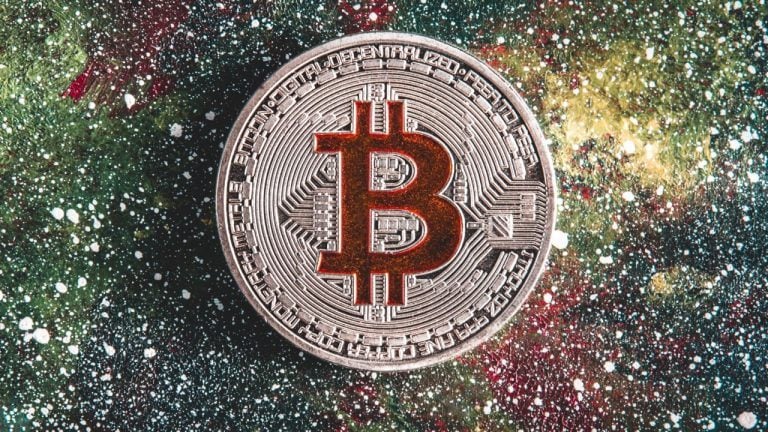
VanEck strategy advisor Gabor Gurbacs expects a wave of new investment capital and immigration will push El Salvador’s economic growth in the coming years.
El Salvador can follow Singapore’s lead and become a financial center in the Americas, according to Gabor Gurbacs, strategy advisor of investment management firm VanEck.
“I say often to portfolio managers and asset allocators that El Salvador has the potential to become the Singapore of the Americas,” Gurbacs explained in an Oct. 28 X post.
Similar to what Singapore achieved in the late 1900s, Gurbacs expects new capital investment and immigration will be the main drivers behind El Salvador’s increased economic growth over the next few years.
His comments follow an Oct. 28 post by United States broadcaster and Bitcoiner Max Keiser, which was captioned “Move to #ElSalvador, The New Land of the Free.”
Keiser, who now lives in El Salvador, listed Bitcoin (BTC) and the U.S. dollar's legal tender status, a clean up in El Salvadoran crime, great beaches and great coffee as some of the main reasons why the Central American country should be on everyone’s radar.
I say often to portfolio managers and asset allocators that El Salvador has the potential to become the Singapore of the Americas. I expect continued increase in immigration to, capital investment in and overall growth in El Salvador. https://t.co/CmT554x12j
— Gabor Gurbacs (@gaborgurbacs) October 28, 2023
El Salvador’s status as an emerging economy became more prominent when Nayib Bukele was appointed as the country’s president in June 2019.
El Salvador’s sovereign bonds have outperformed many other emerging markets in 2023, yielding an eye-popping 70% return by August 2023 which caught the attention of JPMorgan, Eaton Vance and other investment management firms.
The FIAT guys at @jpmorgan say El Salvador is finally “getting some credit”.
— Nayib Bukele (@nayibbukele) May 9, 2023
They are just catching up.
It will soon be: “Salvadoran bonds are now Investment Grade”.
You’ll see pic.twitter.com/6Z1r7iS9M4
Bukele and the El Salvador government made Bitcoin legal tender in September 2021 in addition to rolling out a Bitcoin custodial wallet, Chivo Wallet for all El Salvadorans in the same week.
El Salvador is also tapping into its volcanic resources to power a Bitcoin mining operation startup, Volcano Energy, which launched in June on the back of a $1 billion investment. Keiser serves as the company’s executive chairman.
Its first mining pool was launched following a partnership with Bitcoin miners Luxor Technology in October.
Related: El Salvador’s Bitcoin strategy evolved with the bear market in 2022
El Salvador appointed Dr. Saifedean Ammous, the author of “The Bitcoin Standard” as an economic advisor to the National Bitcoin Office in May. The country plans to accumulate Bitcoin as a strategy to clean out its debt within the next five years.
Bukele also made a bold move to eliminate all taxes on technology innovations in April — which could entice more entrepreneurs and foreign capital to move into the country.
Magazine: What it’s actually like to use Bitcoin in El Salvador



